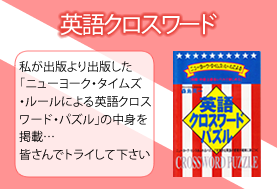
VOLUME-9
☆Takahashi Mushimaro’s poem:
筑波嶺の
裾廻の田井に
秋田刈る
妹がり遣らむ
黄葉手折らな
(高橋虫麻呂 巻9-1757)
Tsukubaneno
Susomino taini
Akita karu
Imogasri yaramu
Momiji taorana

Rice-harvesting girls,
Busy in the fields that skirt
Mount of Tsukuba –
Let us go break autumn twigs,
Pick brocade leaves as a gift!
(Vol.9-1757)
The poems listed in Man-Yoh-Shuh would have been sung out in various situations, and many of them were festive and ritual events. In the beginning of the history of singing, it was often meant to pay tribute to gods by offering liquor and food as well as songs, but over time it turned to the scene of enjoyment for people themselves. Banquets counted for poem-singing plus enjoying liquors by way of letting sake cups float on the surface of a stream, enjoying poem-singing on the day of 7th of July “Star Festival” (Tanabata Festival), congratulating the romance between a mythic couple, or enjoying and fortune-wishing at the time of Imperial Trip to a countryside stead.
Among the young people in general, “Utagaki” (Song Party – you might dub it Karaoke?) was often carried out, especially among single unmarried men and women, sometimes courting each other by way of romantic songs and poems. This current piece of poem was obviously sung on one such occasion in Tsukuba Area (in Ibaraki Pref. today, located in the north of Tokyo). It may be noted that Mount of Tsukuba comprises of two peaks, one called Male Peak and the other Female Peak. Both peaks resemble the profile of Mount Fuji, obviously the remains of volcanic activities in the ancient times.
―――
◎◎◎

● BILOG“MAN-YOH-SHUH”topに戻る





